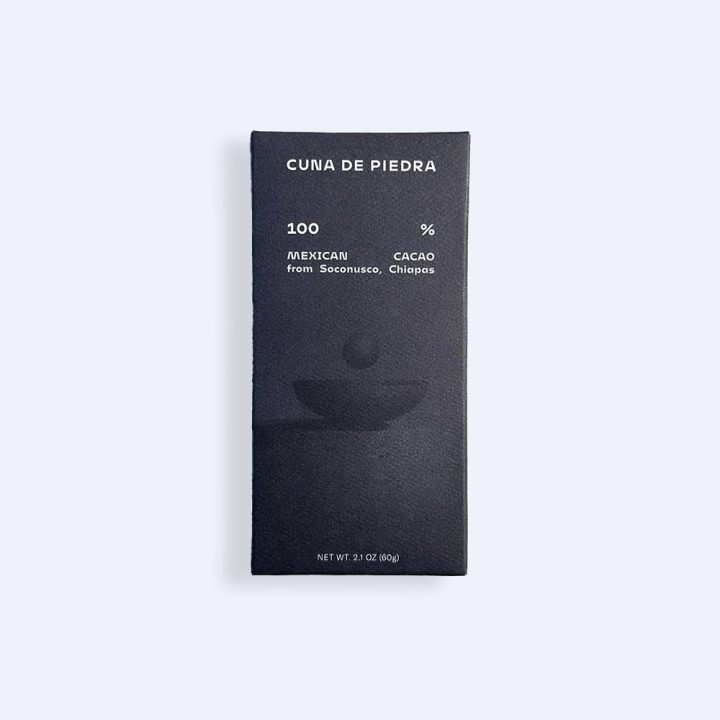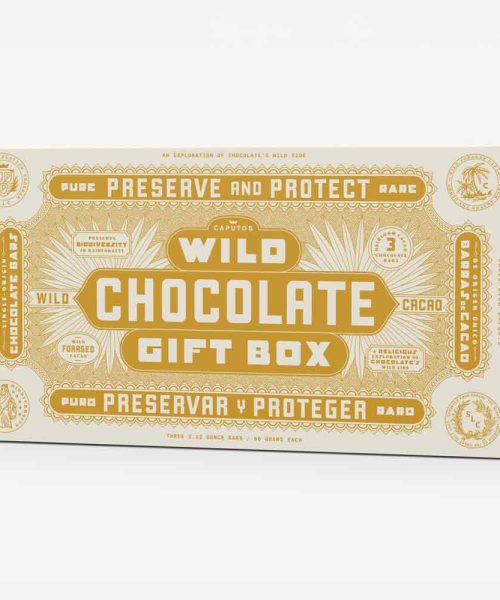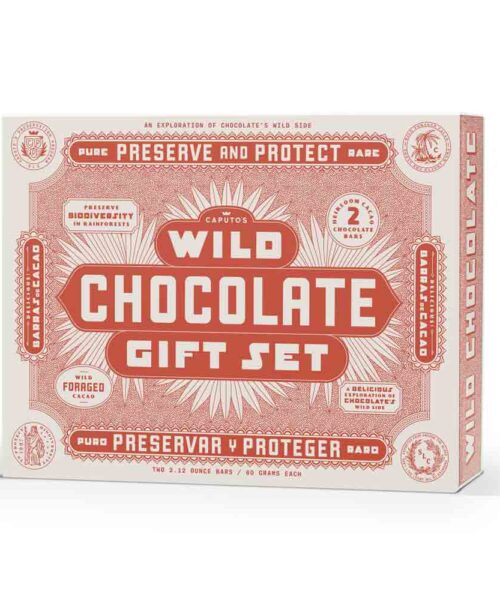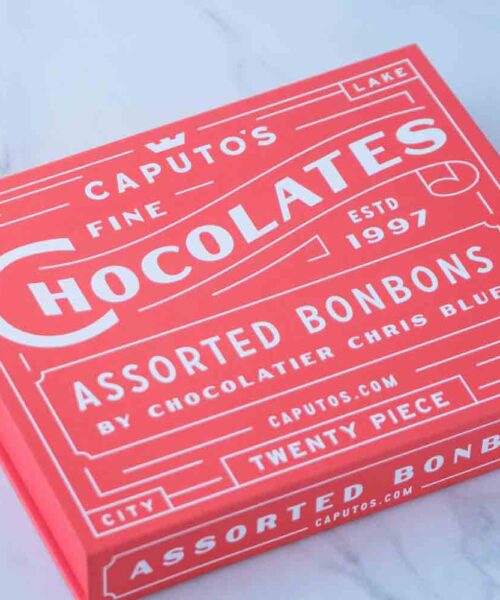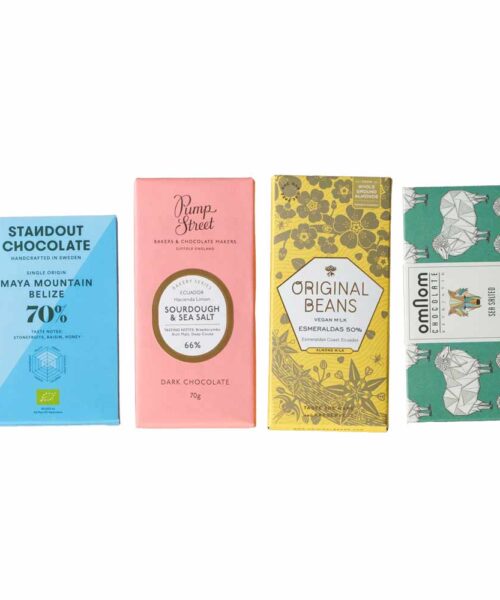Description
This bar was created with attention to detail, from the selection of the harvest and the delicate roasting process, to a refining process that respected the individuality of the cacao beans. The goal was to develop a product with the character of a 100% cacao bar that would unleash a journey of very Mexican flavors.
The cacao used for this bar comes from Soconusco, in Chiapas, a region inhabited by the Mokaya people, who domesticated the cacao tree some 4,000 years ago. There is archaeological evidence of theobromine residue in clay vessels dating from that time. They were the first to prepare chocolate in Mexico and, most likely, the ones who coined the word “kakawa” in their Mixe-Zoque language.

